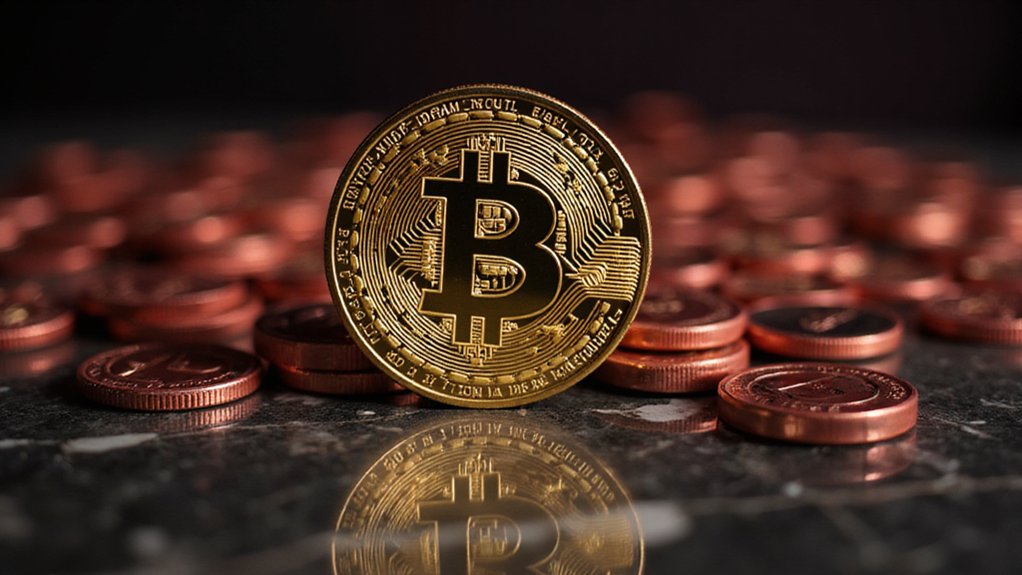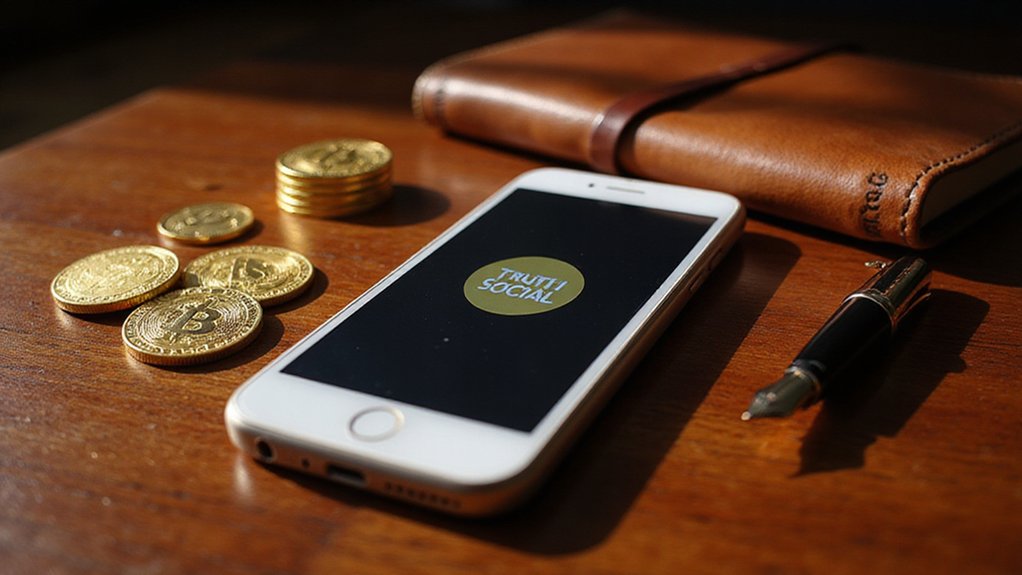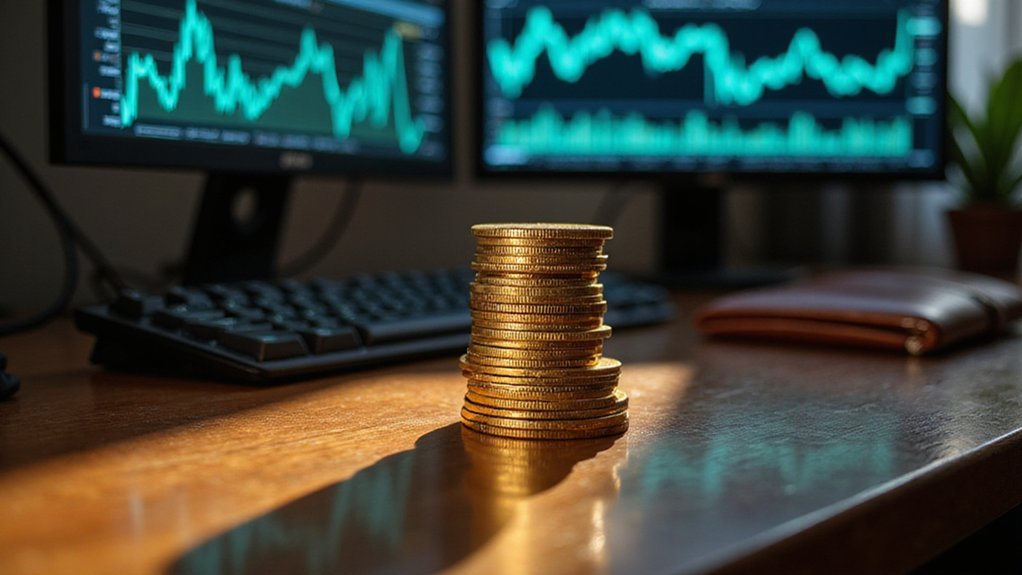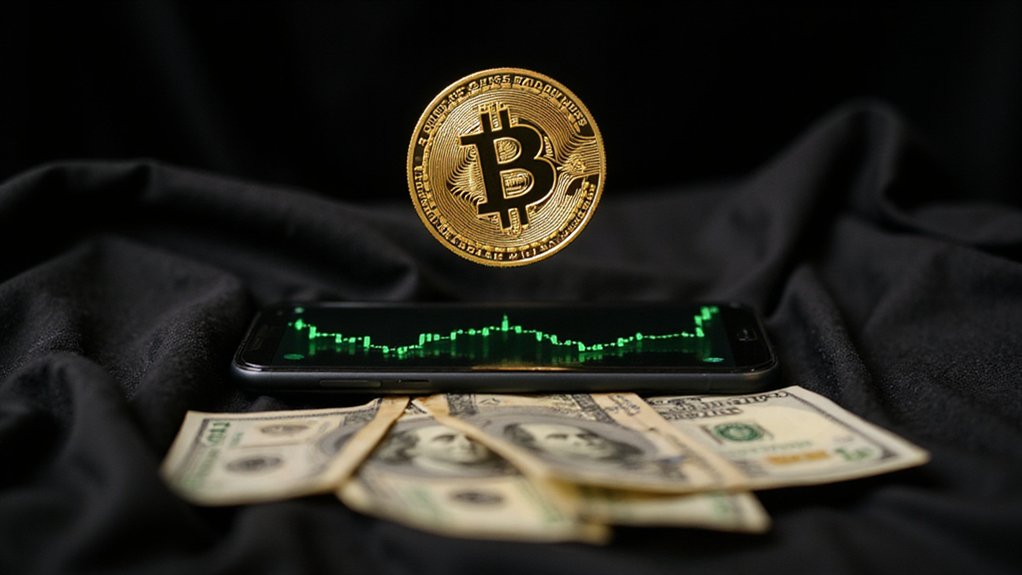While most nations grapple with modest cryptocurrency adoption rates hovering in the single digits, South Korea has transformed into a digital asset juggernaut where nearly one-third of the population—over 16 million citizens—actively trades cryptocurrencies, creating a phenomenon that makes the country’s traditional stock market seem almost quaint by comparison.
South Korea’s crypto revolution has rendered its traditional stock market almost quaint by comparison.
The numbers paint a portrait of financial desperation masquerading as technological enthusiasm. Daily trading volumes routinely exceed $12 billion, propelling the Korean won to become the world’s second-most-used fiat currency in crypto transactions—a remarkable achievement for a nation whose youth unemployment rate of 6.6% doubles the national average.
When Seoul apartments command prices exceeding 1 billion won ($689,000), it becomes rather unsurprising that 25% of adults aged 20 to 50 have embraced digital assets as their economic salvation.
The demographic distribution reveals intriguing generational motivations. While young Koreans gravitate toward cryptocurrency primarily out of financial necessity rather than blockchain evangelism, older investors demonstrate more strategic thinking. Those in their 40s lead adoption rates at 31%, followed closely by investors in their 30s and 50s at 28% and 25% respectively.
Perhaps most tellingly, 78% of respondents in their 50s utilize crypto for wealth accumulation, with over half explicitly treating it as retirement planning—a sobering indication of traditional pension inadequacy.
This shift from speculative gambling to mainstream financial tool reflects broader economic pressures. Crypto now constitutes an average 14% of total portfolios among these investors, suggesting serious commitment rather than casual dabbling. Remarkably, retail crypto engagement has surpassed traditional equities, with 14.1 million individual stock investors compared to over 16 million crypto holders.
The forecast of $663 billion in trading volume for 2025, coupled with projections of 20 million users by year-end, indicates this trend shows no signs of abating.
Major exchanges like Upbit and Bithumb have capitalized on this fervor, supporting the infrastructure necessary for such massive trading volumes. Many Korean investors are also turning to decentralized exchanges to access a wider range of tokens and maintain greater control over their funds through peer-to-peer trading. Government initiatives, including a Korean won-based stablecoin project, signal institutional acceptance of what was once considered fringe speculation.
Social proof and market optimism—particularly following the 2024 U.S. presidential election—have accelerated new account openings, transforming South Korea into crypto’s most enthusiastic adopter, driven less by technological vision than economic desperation. South Korea’s success has positioned it as Asia’s best-performing crypto market, with other nations closely studying its regulatory and technological approaches.









